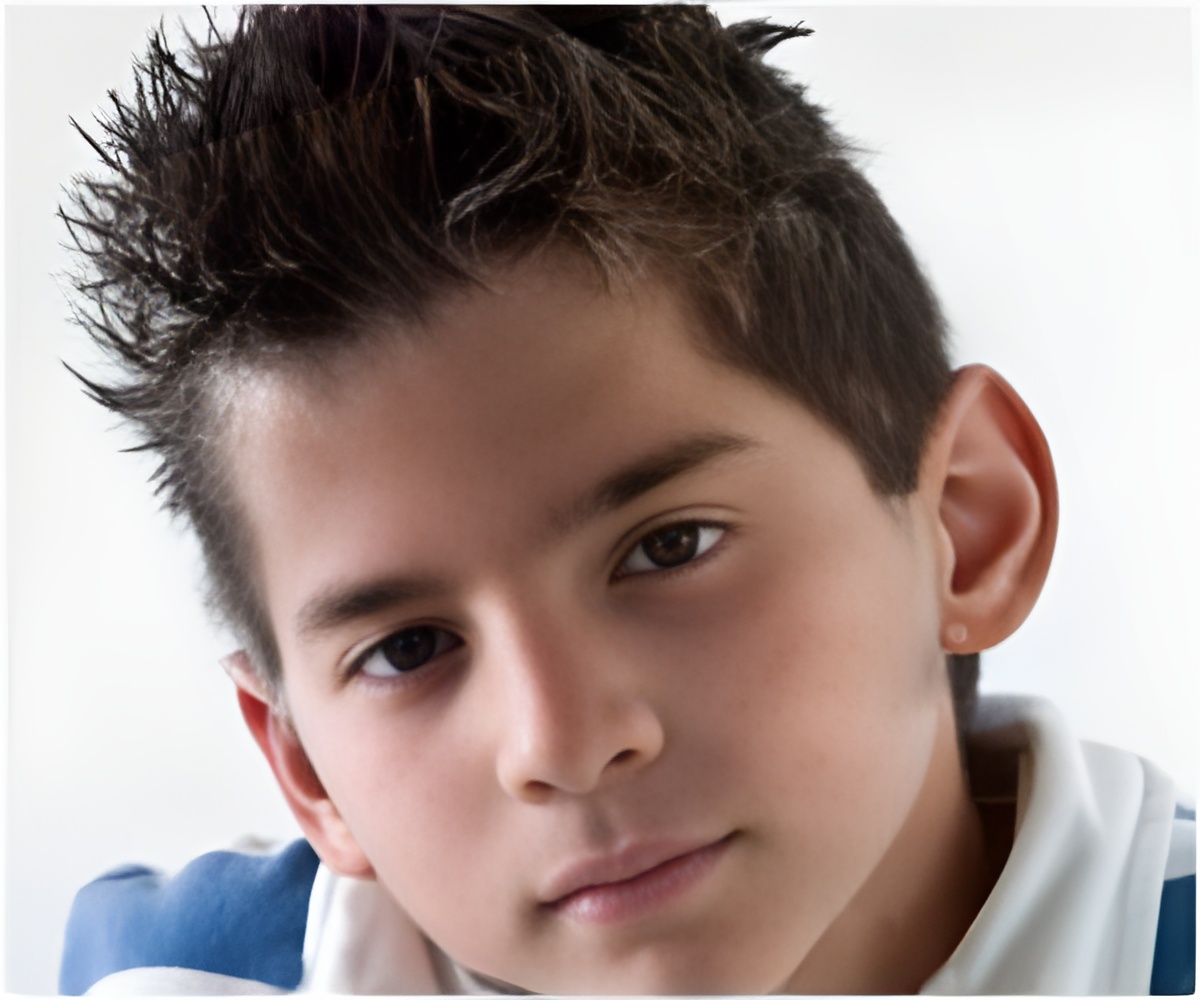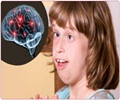Providing medical treatment for adolescents with autism may not be an effective strategy.

These findings are featured in the Sept. 24 issue of Pediatrics.
"We need more research to be able to understand how to treat core symptoms of autism in this population, as well as common associated symptoms such as anxiety, compulsive behaviors and agitation," said Jeremy Veenstra-VanderWeele, M.D., assistant professor of Psychiatry, Pediatrics and Pharmacology and Vanderbilt Kennedy Center investigator.
"Individuals, families and clinicians currently have to make decisions together, often in a state of desperation, without clear guidance on what might make things better and what might make things worse, and too often, people with autism spectrum disorders end up on one or more medications without a clear sense of whether the medicine is helping."
This research is part of a larger report on interventions for adolescents and young adults with autism that found there is little evidence to support findings, good or bad, for all therapies currently used.
The researchers systematically screened more than 4,500 studies and reviewed the 32 studies published from January 1980 to December 2011 on therapies for people ages 13 to 30 with autism spectrum disorders. They focused on the outcomes, including harms and adverse effects, of interventions, including medical, behavioral, educational and vocational.
Advertisement
Some evidence revealed that treatments could improve social skills and educational outcomes such as vocabulary or reading, but the studies were generally small and had limited follow-up.
Advertisement
Only five articles tested vocational interventions, all of which suggested that certain vocational interventions may be effective for certain individuals, but each study had significant flaws that limited the researchers' confidence in their conclusions. The findings on vocational interventions were featured in the Aug. 27 issue of Pediatrics.
Although the prevalence of autism is on the rise, much remains to be discovered when it comes to interventions for this population, the researchers concluded.
As recently as the 1970s, autism was believed to affect just one in 2,000 children, but newly released data from the Centers for Disease Control and Prevention (CDC) estimates that one in 88 children has an autism spectrum disorder. Boys with autism outnumber girls 5-to-1, which estimates that one in 54 boys in the United States has autism.
Source-Eurekalert











